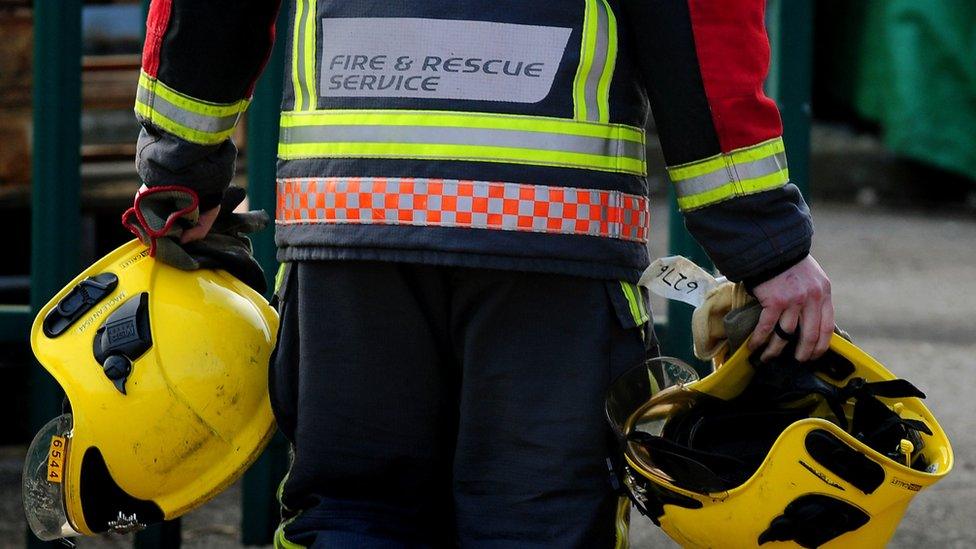MPs warn of lack of candidates for top police jobs
- Published
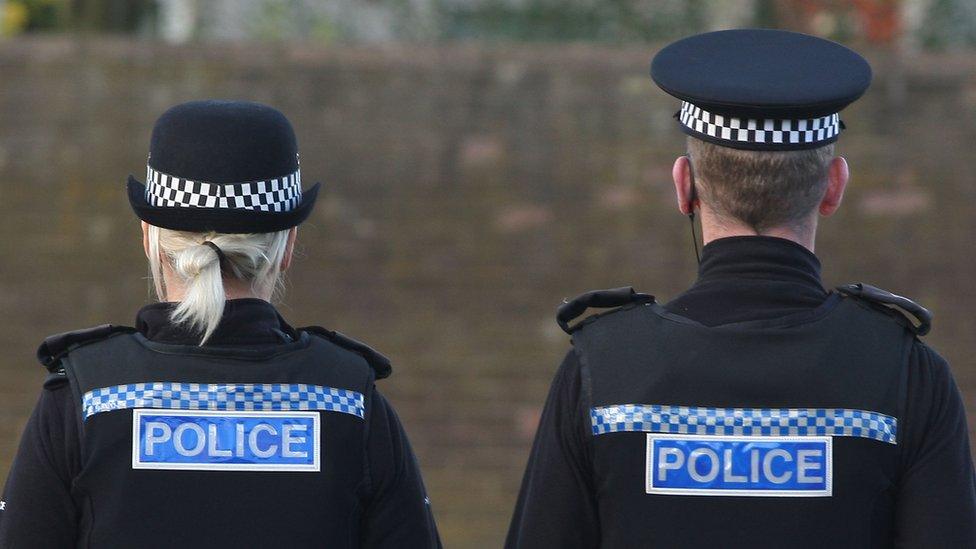
More than half of the police and crime commissioners in England and Wales have appointed a chief constable from within their own force, the BBC has learned.
The findings come as MPs warned of a "deeply concerning" lack of competition, external for top policing jobs - with the pool of talent "in danger of drying up".
In 11 cases since 2012, there was only one applicant for the role - most often the incumbent deputy chief constable.
Recruiting externally and upping pay would attract more people, MPs suggest.
Advertising jobs externally would also help allay accusations of "parochialism and cronyism", the Home Affairs Committee said.
'Close relationship'
New chief constables have been appointed in almost all police forces since 2012 - with an average of three applicants for every post, the BBC's research found.
Even high-profile forces attracted few applicants - for example West Midlands, which had one candidate, and Greater Manchester, which had two.
More than half of all 41 police and crime commissioners (PCCs) - who were first elected in 2012, and have responsibility for appointing the chief constable - hired someone from within their own force.
In 23 cases, the job went to the existing deputy, who the committee said "often share a close relationship" with the relevant commissioner.
Chief constables currently earn between £134,000 and £187,000, but MPs called for new rules to allow them to be paid more in order to attract a greater variety of candidates.

What the BBC found
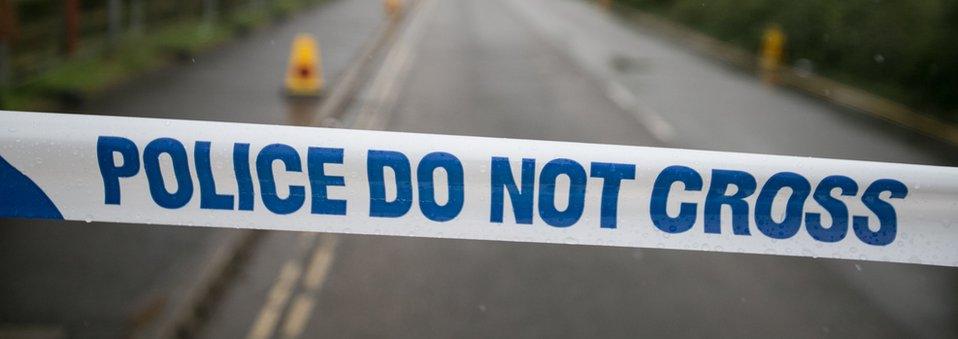
31 forces appointed a new chief constable since 2012
Six forces extended their existing chief constable's contract
Four forces' chief constables remained in post and their contracts have not come up for renewal in this period
23 appointments overall were internal, from 22 forces
On average there were three applicants for each post - the highest number of applicants for a post was nine and the most common number of applicants was one
11 internal posts and 1 external post had one applicant

The committee's chair, Labour MP Keith Vaz, said it had not anticipated that the creation of PCCs would have had "such a dramatic effect" on the appointment of chief constables.
"The pool of talent in policing is in danger of drying up, with so few applications for the most senior jobs in policing," he said.
Commissioners should make sure applicants for chief constable had served at least two years in another police force at a senior rank, "and not allow close working relationships with their deputy chief constables to deter external applicants", he added.
PCCs - whose remit also includes setting force budgets - represent 41 out of the 43 forces in England and Wales. The next group of commissioners will be elected at polls in May.
Turnout at those elections would be one measure of their success in engaging with the communities they represent, the committee said.
'Better scrutiny'
It also recommended a number of measures to improve the transparency around the role, including a list of office costs and a register of interests to be maintained centrally "so they can be better scrutinised by their electorate".
The Policing and Crime Bill will see more responsibility given to PCCs in relation to fire and rescue services.
Last month Home Secretary Theresa May suggested they could play a role in the wider criminal justice system.
However, any further expansion of the role should be "incremental and carefully judged", the committee concluded - with Mr Vaz warning a broader remit "may prove overwhelming".
- Published14 November 2013
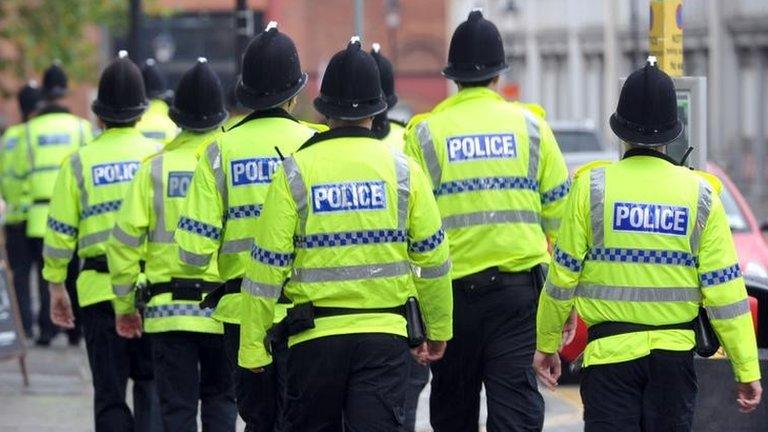
- Published4 February 2016
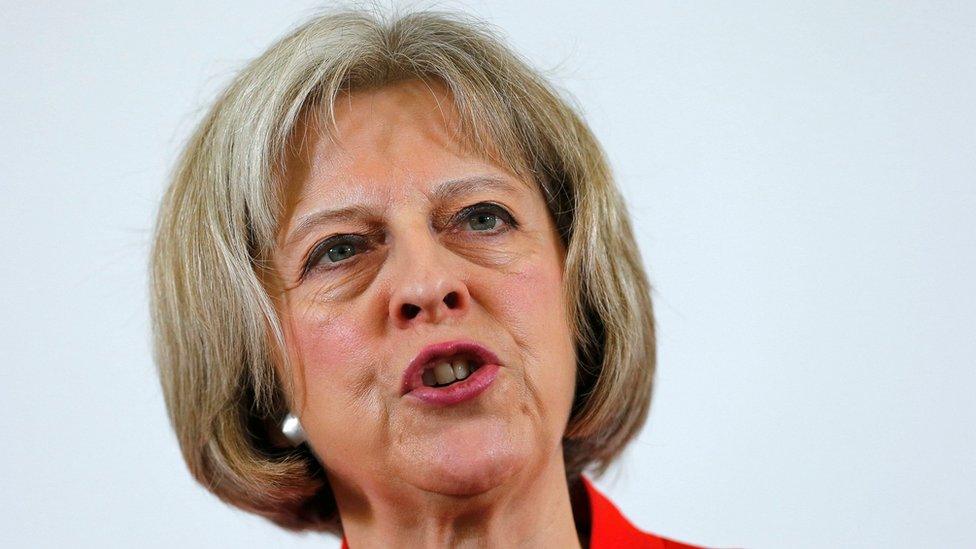
- Published5 January 2016
